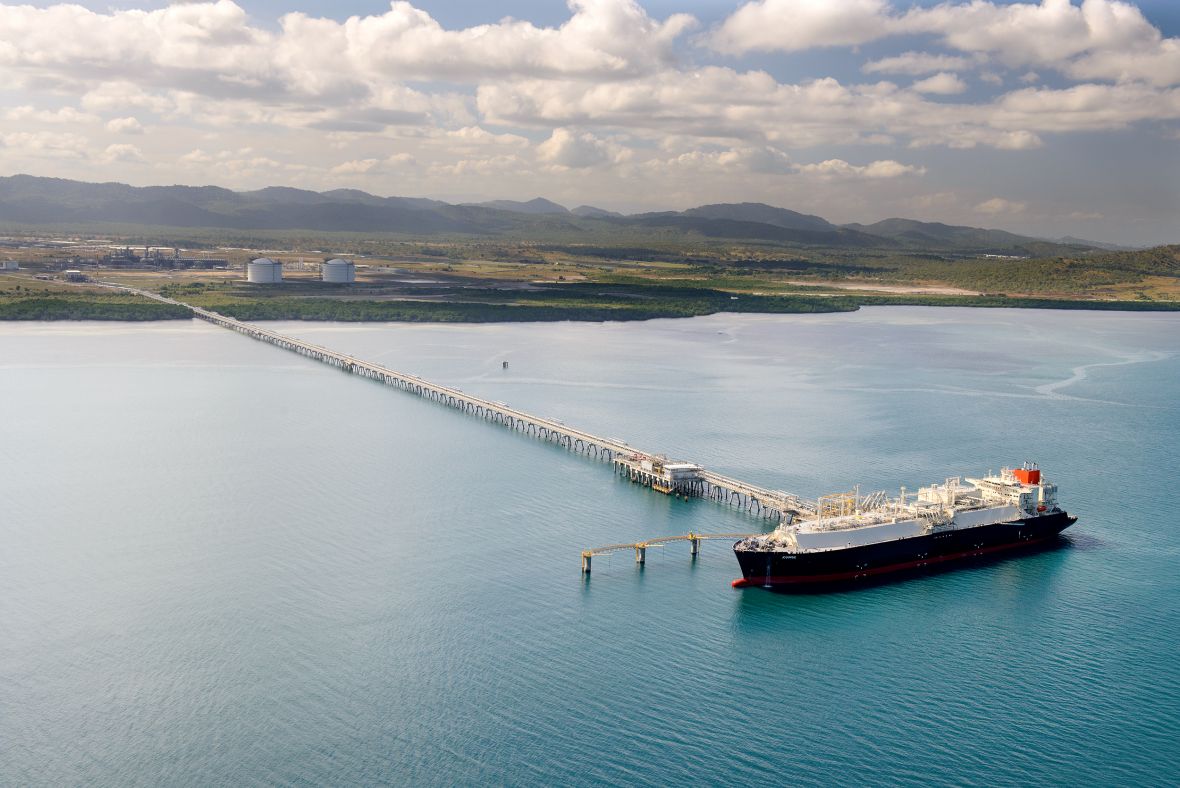
Australian oil and gas company Santos and Papua New Guinea’s Oil Search have agreed a $6bn (A$8bn) merger.
The companies announced a definitive, all-stock merger agreement on Friday. Oil Search and its shareholders will take ownership of 38.5% of the merged company, with Santos taking the rest. The merger pushes Santos’ value up to $21bn.
How well do you really know your competitors?
Access the most comprehensive Company Profiles on the market, powered by GlobalData. Save hours of research. Gain competitive edge.

Thank you!
Your download email will arrive shortly
Not ready to buy yet? Download a free sample
We are confident about the unique quality of our Company Profiles. However, we want you to make the most beneficial decision for your business, so we offer a free sample that you can download by submitting the below form
By GlobalDataA statement by Santos said that the merger would mean “pre-tax synergies of $90-115m per annum”. The merged companies’ annual production would rise to the equivalent of 116 million barrels of oil equivalent per year.
Oil Search operates assets throughout Papua New Guinea, as well as in Alaska, US. Meanwhile, Santos operates throughout Australia, Papua New Guinea, and offshore Timor-Leste.
The merger leaves Santos in the unusual position of having the largest stake in a field it does not operate. The merged companies will have a 42.5% stake in the PNG LNG project, operated by ExxonMobil with a 33.2% stake.
The deal must still pass shareholder votes at both companies and receive regulatory approval. The companies would also require an independent expert to determine that the merger lies in the interests of both parties. After receiving these, the merger would take effect from 16 December.
Papua New Guinea’s deputy prime minister Samuel Basil has said that the deal could harm the country’s interests. Basil warned of potential job losses and the risks of an Australian company owning most of Papua New Guinea’s reserves. Oil Search comprises 31% of the country’s stock market, and Basil warned that its delisting could destabilise trading.
Shareholders reacted positively to the news, causing chares in both companies to rally.
Santos CEO and managing director Kevin Gallagher will lead the combined company, with three Oil Search directors joining Santos’ board. Gallagher said: “Santos and Oil Search will together have increased scale and capacity to drive a combined disciplined, low-cost operating model.
“The merger will create a company with a balance sheet and strong cashflows necessary to successfully navigate the transition to a lower carbon future with the combination of Santos’ leading CCS capability and Oil Search’s ESG programs in PNG and Alaska to provide a strong foundation.”
Oil Search Chairman Rick Lee said: “Put simply, this merger provides Oil Search shareholders with a compelling opportunity to participate in a larger entity with significant scale, product mix, ESG and geographic diversity, and access to capital.”
The news follows reports of a merger between Santos’ Australian rival Woodside and BHP’s oil and gas division.



